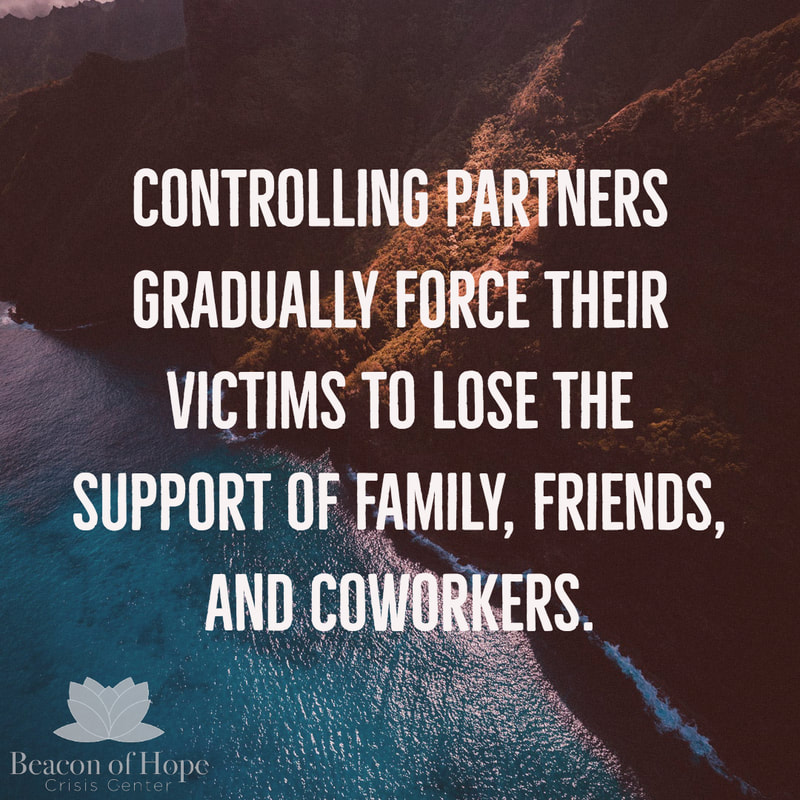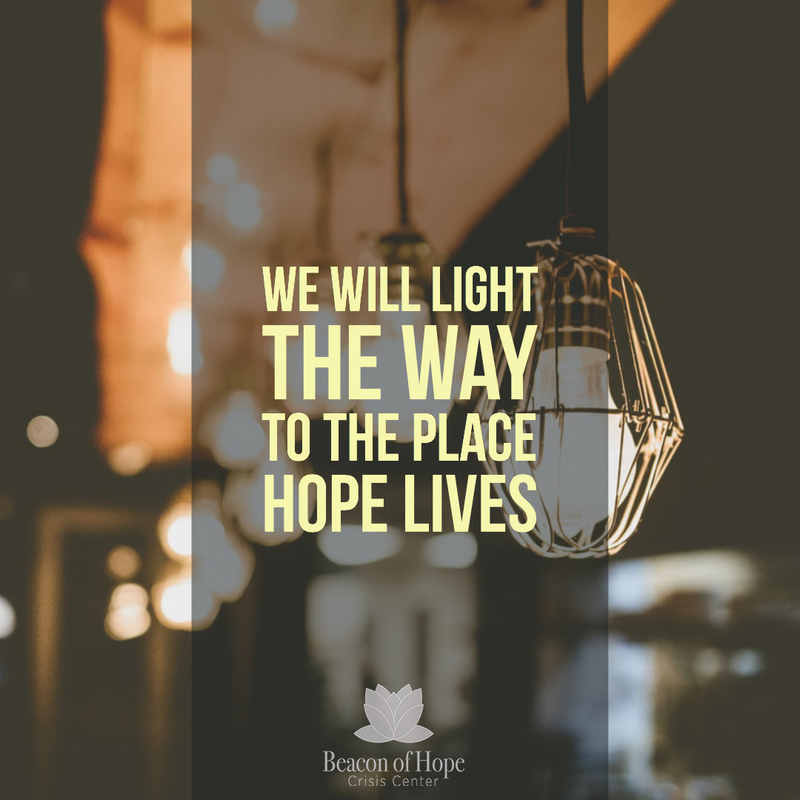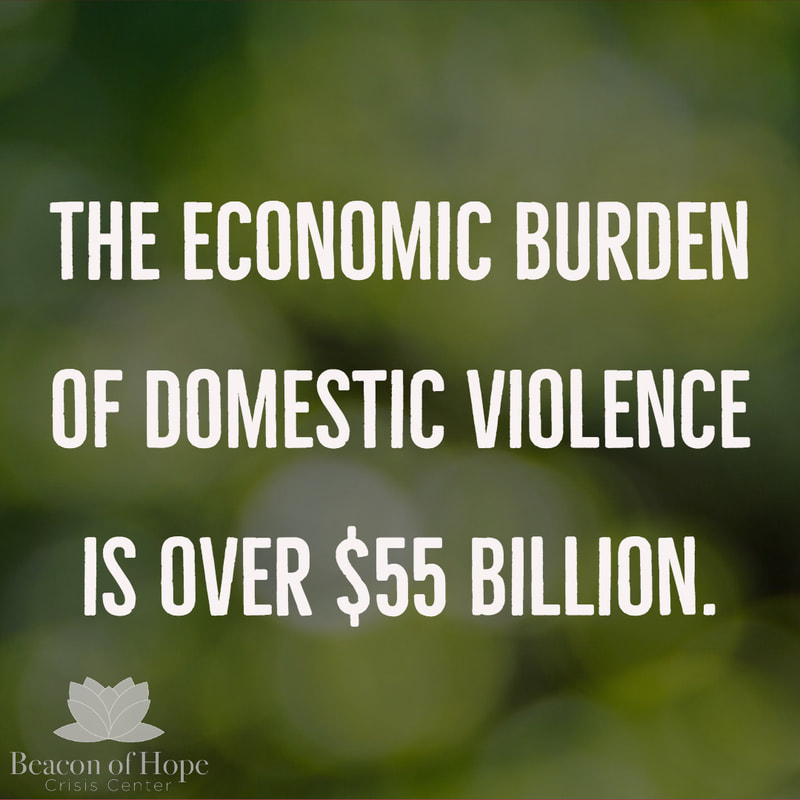RAISING AWARENESS SAVES LIVES
National Coalition Against Domestic Violence
- 1 in 7 women and 1 in 18 men have been stalked by an intimate partner during their lifetime to the point in which they felt very fearful or believed that they or someone close to them would be harmed or killed.
- Domestic victimization is correlated with a higher rate of depression and suicidal behavior.
- Between 21-60% of victims of intimate partner violence lose their jobs due to reasons stemming from the abuse.
The Hotline
Leaving is not easy. On average, it takes a victim seven times to leave before staying away for good. Exiting the relationship is most unsafe time for a victim.
There are numerous explanations for why victims stay and they are often also reasons why victims may lose support of family/friends/coworkers. Here are just a few of the long list of possible explanations making it incredibly hard to leave:
Leaving is not easy. On average, it takes a victim seven times to leave before staying away for good. Exiting the relationship is most unsafe time for a victim.
There are numerous explanations for why victims stay and they are often also reasons why victims may lose support of family/friends/coworkers. Here are just a few of the long list of possible explanations making it incredibly hard to leave:
- Embarrassment or Shame: It’s often difficult for someone to admit that they’ve been abused. They may feel they’ve done something wrong by becoming involved with an abusive partner. They may also worry that their friends and family will judge them.
- Low Self-Esteem: When an abusive partner constantly puts someone down and blames them for the abuse, it can be easy for the victim to believe those statements and think that the abuse is their fault.
- Love: So often, the victim feels love for their abusive partner. They may have children with them and want to maintain their family. Abusive people can often be charming, especially at the beginning of a relationship, and the victim may hope that their partner will go back to being that person. They may only want the violence to stop, not for the relationship to end entirely.
- Cultural/Religious Reasons: Traditional gender roles supported by someone’s culture or religion may influence them to stay rather than end the relationship for fear of bringing shame upon their family.
|



